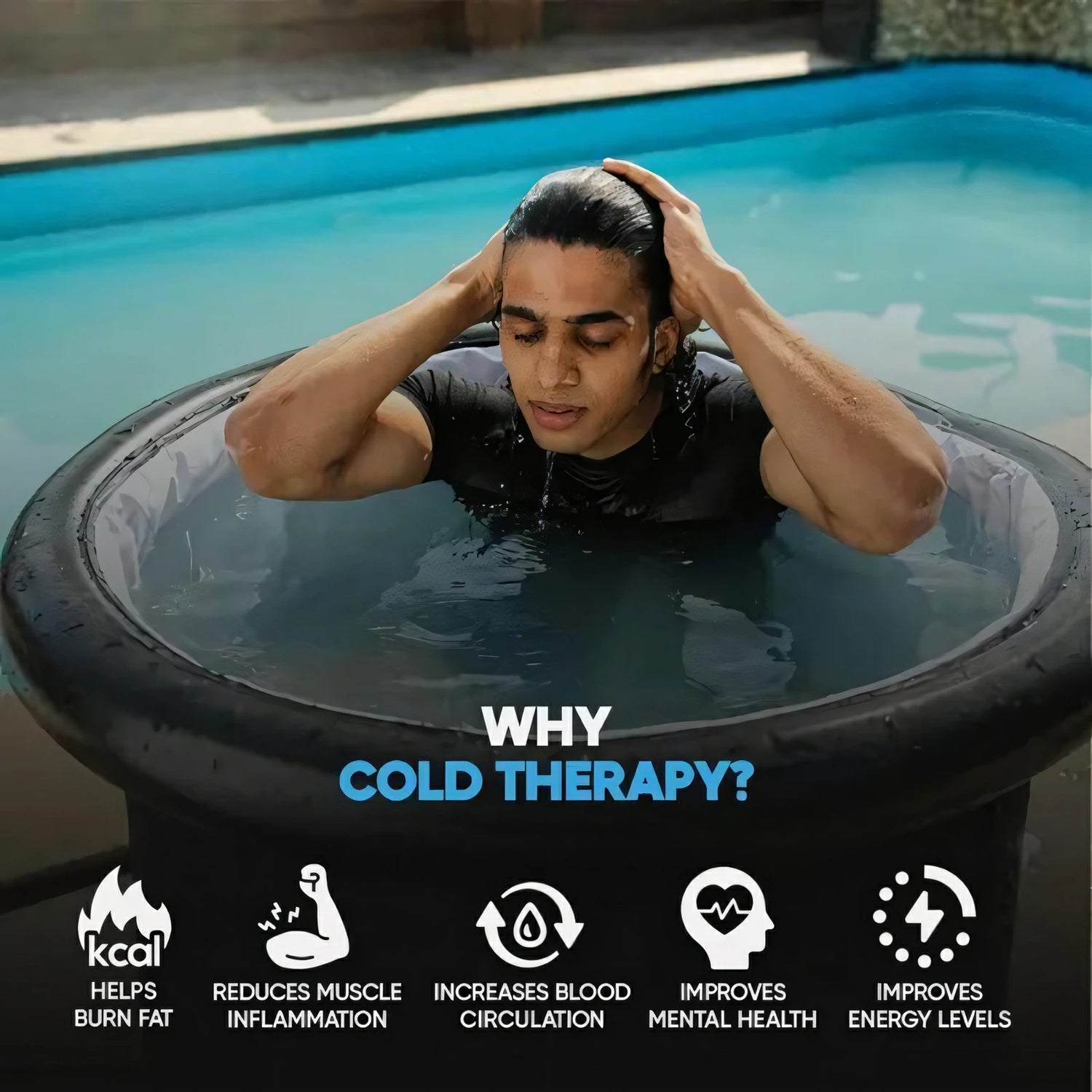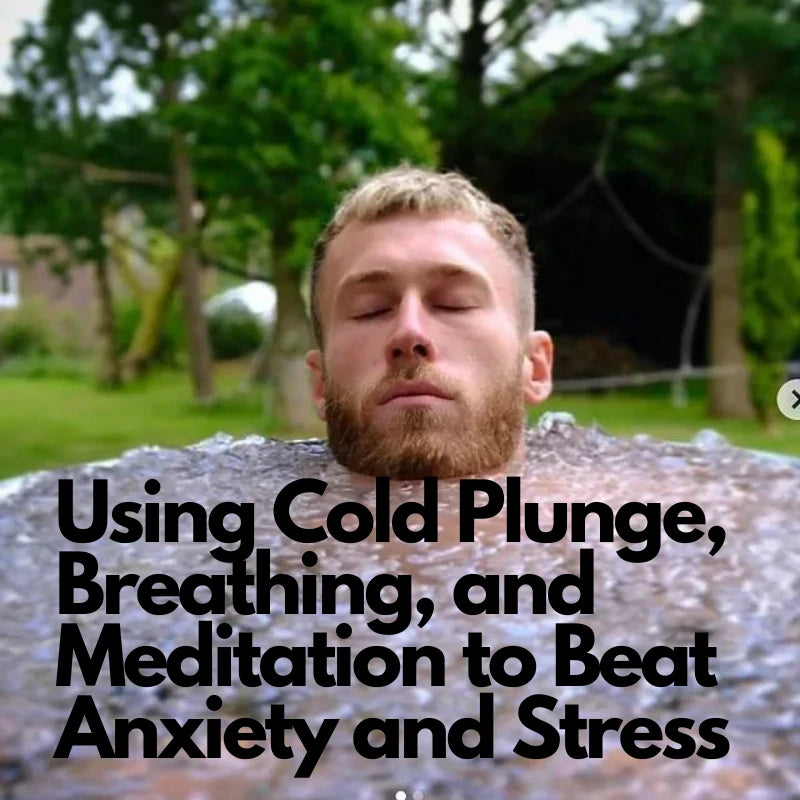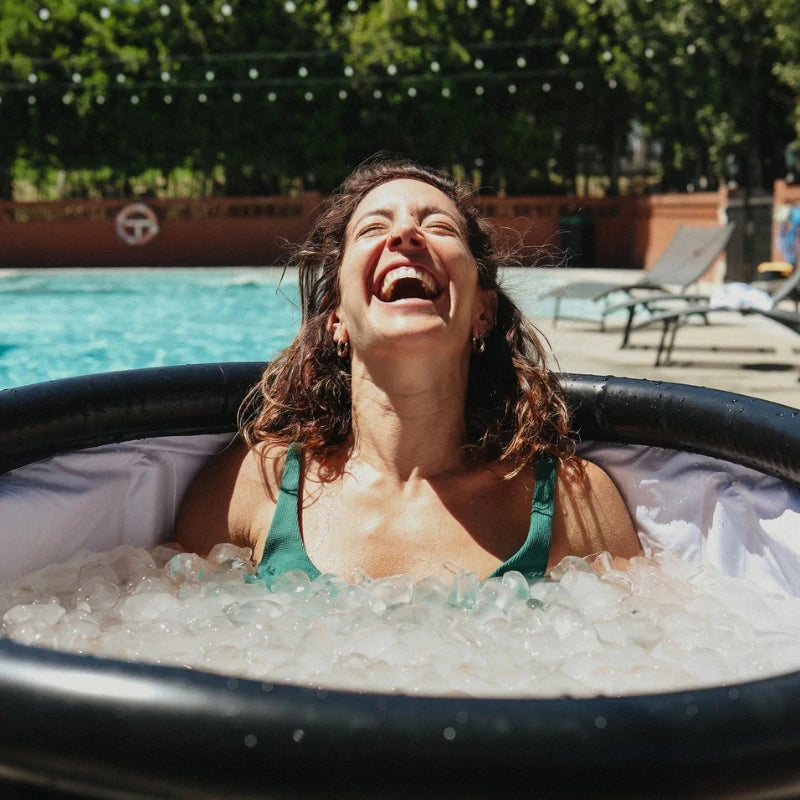Introduction

Cold plunges are popular in fitness and wellness for their health benefits. Athletes and health fans use them to recover, reduce inflammation, and feel better. But how do they affect the body? And can they lower blood pressure? This article will explore these questions.
What Does a Cold Plunge Do to Your Body?

Cold plunges trigger a "cold shock response" in the body. Immersion in cold water first causes blood vessels to constrict. This protects core organs by directing blood away from extremities. Once you exit the cold water, blood vessels widen, improving circulation. Also, cold plunges reduce muscle soreness, inflammation, and boost energy by releasing endorphins.
Are Cold Plunge Benefits Real?

The benefits of cold plunges include better circulation, improved mood, and stronger immunity. But are these claims scientifically supported? Research backs benefits like muscle recovery and reduced inflammation. Cold exposure also boosts mood by increasing neurotransmitters like norepinephrine and dopamine. Claims of major weight loss and detox are exaggerated and lack proof.
Can Cold Plunge Lower Blood Pressure?

Cold plunges might lower blood pressure. Initially, they raise blood pressure due to vasoconstriction. However, they can improve circulation and lower resting blood pressure afterward. This makes them potentially beneficial for people with hypertension. But, caution is necessary. Those with cardiovascular issues should consult a doctor first.
Are Cold Plunges Good for You?

Cold plunges have many benefits, but they also have drawbacks. They speed up recovery and reduce soreness for athletes and injury recoverers. However, those with some health conditions might risk shock or heart stress.
Can Cold Plunge Cause Stroke?
Cold plunges are usually safe. But they can be risky for people with cardiovascular problems. Rapid changes in blood pressure and heart rate might trigger strokes or heart problems in vulnerable people.
Should I Shower After a Cold Plunge?

After a cold plunge, it's tempting to take a hot shower. However, experts recommend letting your body warm up naturally. This can enhance the benefits of cold immersion.
Should I Workout After a Cold Plunge?
The timing of cold plunges can affect workout results. After intense exercise, they can reduce soreness. But, they might also hinder muscle growth by dampening the necessary inflammatory response. For those focused on strength, it's better to plunge before a workout or on rest days.
Conclusion
Cold plunges aid recovery and may lower blood pressure. But they're not for everyone. Caution is key, especially for those with cardiovascular concerns. When used wisely, they can enhance wellness. Always consult a healthcare provider for safe use.



